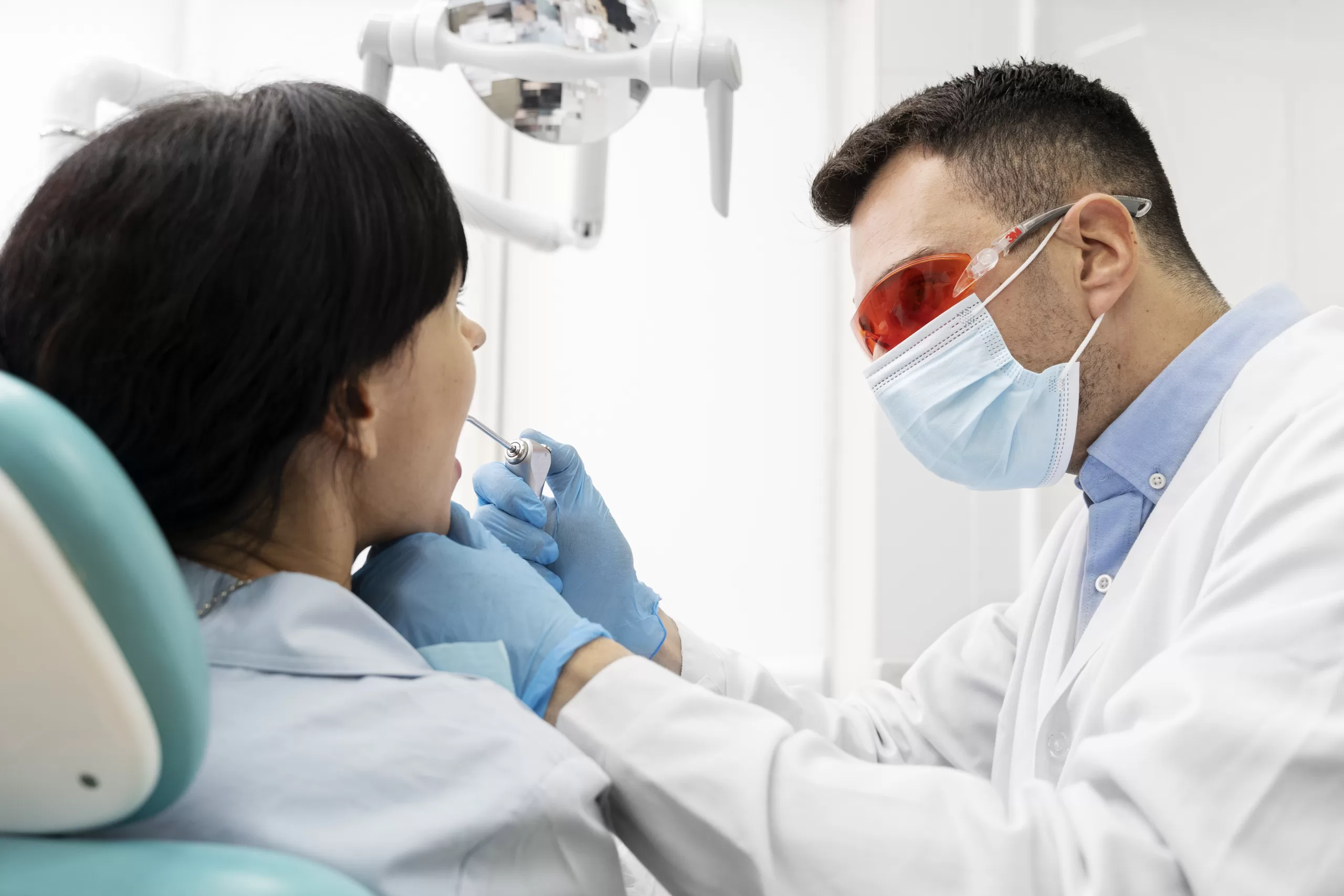Oral health extends far beyond teeth and gums; it encompasses the entire spectrum of oral and maxillofacial structures and the health and integrity of these tissues. When abnormalities develop within the oral cavity, a specialized field of dentistry known as oral pathology comes into play to evaluate, diagnose, and manage these conditions. Oral lesions, which vary in shape, size, and appearance, can indicate the presence of an underlying issue requiring the expertise of an oral surgeon or oral pathologist. As such, understanding the various types of oral lesions and the importance of timely intervention is crucial in preserving your oral health and overall well-being.
In this article, we will delve into the world of oral pathology, providing valuable insight into various types of oral lesions, their causes, and the need for professional evaluation and management. From harmless surface irregularities to potentially harmful oral diseases, having a foundational knowledge of oral lesions is vital to ensure you are proactive and informed about your oral health. At our oral surgery practice, we are committed to providing comprehensive care that focuses on the early detection and personalized management of oral lesions, empowering you with the resources and support necessary to maintain a healthy smile for years to come.
Whether you are dealing with a bothersome mouth sore or simply seeking to expand your dental knowledge, this informative guide will equip you with the information and confidence needed to navigate the complexities of oral pathology. Together, we can work towards a future where prompt intervention, professional guidance, and informed decision-making form the basis of a healthy, radiant, and happy smile.
Common Types of Oral Lesions
Oral lesions may manifest in various ways, encompassing an array of characteristics indicative of different conditions. Some common types of oral lesions include:
1. Aphthous Ulcers: Also known as canker sores, these small, painful ulcers are typically found on the soft tissues of the mouth, such as the base of the gums or inner cheeks, and have a white or yellowish center.
2. Oral Thrush: A fungal infection characterized by the presence of creamy white patches on the tongue, inner cheeks, or throat, often accompanied by a burning sensation.
3. Herpes Simplex Virus (Cold Sores): These fluid-filled blisters appear on or around the lips, often causing pain, itching, or discomfort.
4. Leukoplakia: A potentially pre-cancerous condition manifested as white or grey patches on the oral tissues, typically noted in areas of persistent irritation or injury.
While these oral lesions may vary in appearance, severity, and underlying causes, they all underscore the importance of early detection and professional intervention in ensuring optimal dental health outcomes.
Causes and Risk Factors for Oral Lesions
The development of oral lesions can arise from a multitude of factors, such as:
1. Trauma: Accidental injury, ill-fitting dental appliances, or habitual teeth grinding can result in the formation of lesions.
2. Infections: Bacterial, viral, or fungal infections within the mouth can lead to the manifestation of oral lesions.
3. Immune System Disorders: Certain immune system disorders, such as Sjögren’s syndrome or lupus, may contribute to the presence of oral lesions.
4. Systemic Diseases: Oral lesions can be associated with systemic conditions, such as Crohn’s disease, diabetes, or nutritional deficiencies.
5. Oral Cancer: Lesions may be an early sign of oral cancer, emphasizing the importance of professional evaluation and monitoring.
As with any health concern, understanding the potential causes and risk factors is essential in mitigating the development of oral lesions and addressing them proactively.
The Role of Oral Pathology in Diagnosis and Management
Oral pathology is integral in identifying, diagnosing, and managing various oral lesions, ensuring that each patient receives personalized, targeted care that addresses their unique dental needs. In the realm of oral pathology, diagnostic tools and procedures, such as:
1. Visual Examination: A thorough visual inspection of the mouth helps identify potential areas of concern and characterize the nature of the lesion.
2. Oral Biopsy: The removal and examination of a small tissue sample can provide valuable information on the lesion’s cellular structure, helping to confirm or rule out malignancy.
3. Imaging Techniques: Advanced imaging methods, such as X-rays or 3D imaging, may be employed further to investigate the extent and origin of the lesion.
4. Laboratory Tests: In some cases, laboratory testing (e.g., blood tests and cultures) may be conducted to identify specific pathogens or underlying systemic issues.
Following a comprehensive evaluation and diagnosis, an individually tailored treatment plan is devised, which may include conservative management, targeted therapy, or surgical intervention.
Preventing and Managing Oral Lesions at Home
While professional care is crucial in addressing oral lesions, several self-care measures can be employed to prevent and manage these concerns at home:
1. Maintaining Oral Hygiene: Regular brushing, flossing, and mouth rinsing can help reduce the risk of infection and promote healing of existing lesions.
2. Avoiding Irritants: Refraining from consuming spicy or acidic foods and beverages, tobacco, and alcohol can minimize irritation and discomfort.
3. Using Over-the-Counter Pain Relief: Over-the-counter pain relievers and topical analgesics can help alleviate pain associated with certain oral lesions.
4. Seeking Prompt Professional Care: If you notice an oral lesion that persists, worsens or raises concern, it is vital to seek professional evaluation and treatment promptly.
Conclusion
Oral lesions come in many forms, each with its distinct characteristics and causes. Understanding the diversity and implications of these various manifestations is essential in safeguarding your oral health. With the help of oral pathology and professional guidance from our experienced oral surgery practice, you can embrace dental care that prioritizes early detection, comprehensive management, and proactive decision-making.
Don’t hesitate to schedule an appointment with us at Ridge Oral Surgery to address any concerning oral lesions, ensuring that you receive the personalized care essential for maintaining a healthy, beautiful, and radiant smile.





